There is a type of high blood pressure that occurs only during pregnancy and disappears after childbirth. But it is indeed one of the leading causes of illness and death of pregnant women and perinatal infants, and it could be a nightmare for a mother-to-be. It is called gestational hypertension.
The clinical symptoms of gestational hypertension are mainly proteinuria, hypertension, edema, etc., and even heart and kidney failure.
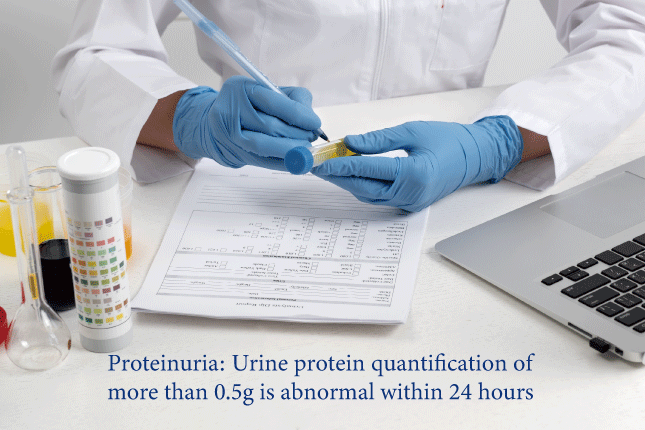
During 2017-2019, the prevalence of pregnancy-associated hypertension increased from 10.8% to 13.0%.[1] Gestational hypertension usually occurs after 20 weeks of pregnancy. Gestational hypertension syndrome could be classified into mild, moderate, and severe according to the severity. Severe gestational hypertension is also known as preeclampsia.
Preeclampsia is associated with signs of damage to other organ systems, including the kidneys, liver, blood, or brain.
Women with gestational hypertension or preeclampsia have an increased risk of developing high blood pressure in later years. Even 50 years later, the probability of hospitalization for hypertension-related disorders remains high. Women with a history of preeclampsia were four times more likely to have a stroke than women with normal blood pressure during pregnancy.
What Cause Gestational Hypertension
The pathogenesis of gestational hypertension has not yet been elucidated. It is clinically believed that the etiology of gestational hypertension is related to genetic factors, oxidative stress, placental nutritional deficiencies, and immune maladaptation. [2,3]
Although the etiology is not yet clear, it is clinically found that the following 7 types of women are most likely to develop gestational hypertension:
Pre-existing hypertension (high blood pressure)
Kidney disease
Diabetes
Hypertension with a previous pregnancy
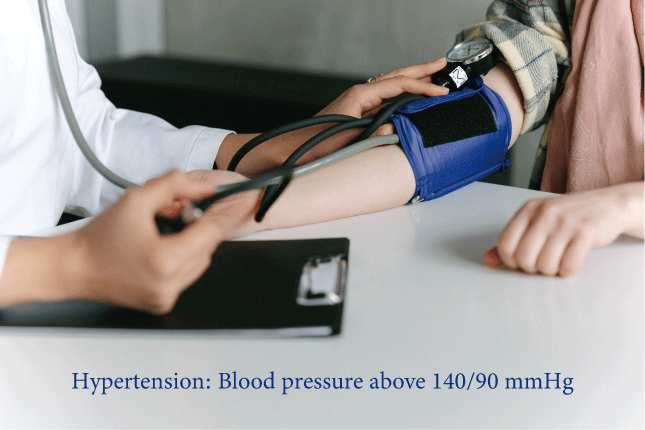
Mother's age younger than 20 or older than 40
Multiple fetuses (twins, triplets)
African-American race
Consult your doctor before pregnancy if you belong to any type of them.
How to prevent gestational hypertension
1. Regular examination in early pregnancy mainly for blood pressure, urine protein, and weight, Especially at 20-32 weeks. Mild gestational hypertension can be cured or controlled by active and effective treatment.
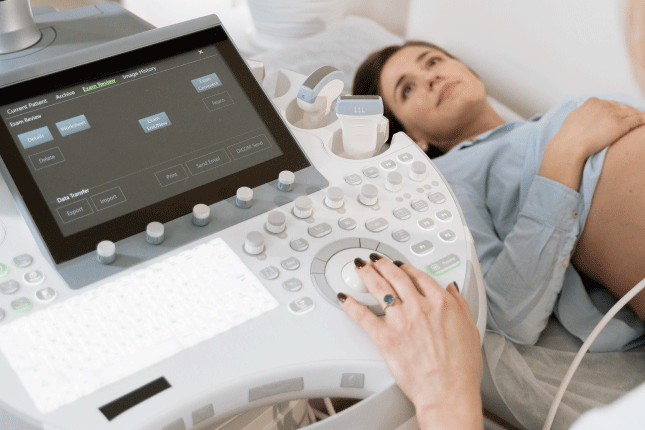
2. Pregnant women and lactating women should be very cautious in taking antihypertensive drugs and must follow the doctor's advice. Some drugs can pass through the placenta into the fetus or appear in breast milk, causing toxic side effects to the fetus or baby.
3. Get enough nutrition and rest. Eat less salt and ensure protein and vitamin intake. Stay relaxed and avoid stimuli such as bright light, noise, or vibration to prevent convulsions.

4. Adjust physical abnormalities in time. Increase your iron supplement in time if you find yourself anemic; increase your bedtime and lift your feet a bit when you find your lower extremities swollen.
Pay attention to previous illness history. Pregnant women who have suffered from nephritis, hypertension, and other diseases and who have had gestational hypertension in a previous pregnancy should be under the guidance of a doctor for intensive care.
How to prevent gestational hypertension
1. Reduce animal fat intake
Pregnant mothers with hypertension should reduce their intake of animal fats. It is better to use vegetable oil for cooking.
2. Control weight gain
Pay attention to weight gaining. Don't let your weight gain too fast.
3. Control sodium intake
Excessive sodium intake constricts blood vessels, causing blood pressure to rise. Reduce sodium intake and cook with low-sodium salt.
At the same time, stay away from foods with high salt content.
4. Protein Supplement
Preeclampsia will cause excessive protein loss in urine. In that case, Women with preeclampsia should take more protein to make sure their body has protein deficiency.

5. Calcium Supplement
Calcium not only contributes to fetal bone and gum development but also stabilizes or decreases blood pressure. Pregnant women with PIH (pregnancy-induced hypertension) should eat more calcium-rich foods, such as dairy products, soy products, fish and shrimp, sesame, etc., and calcium supplements may also be appropriate.
Pregnancy is really a huge challenge for every mom both physically and mentally. Mothers are so brave and deserve the respect from all of us. Remember to give special thanks to your mom on your annual birthday.
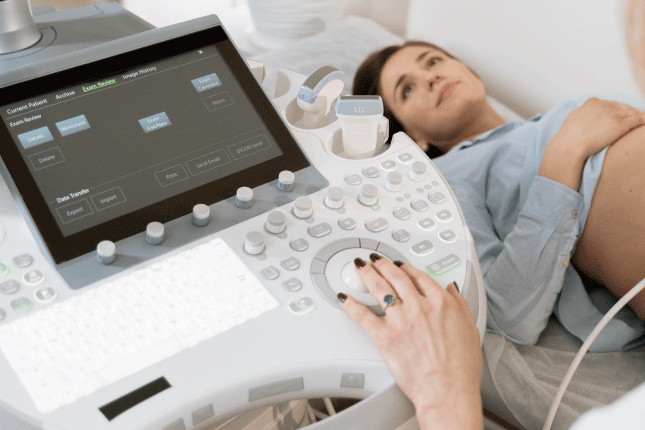

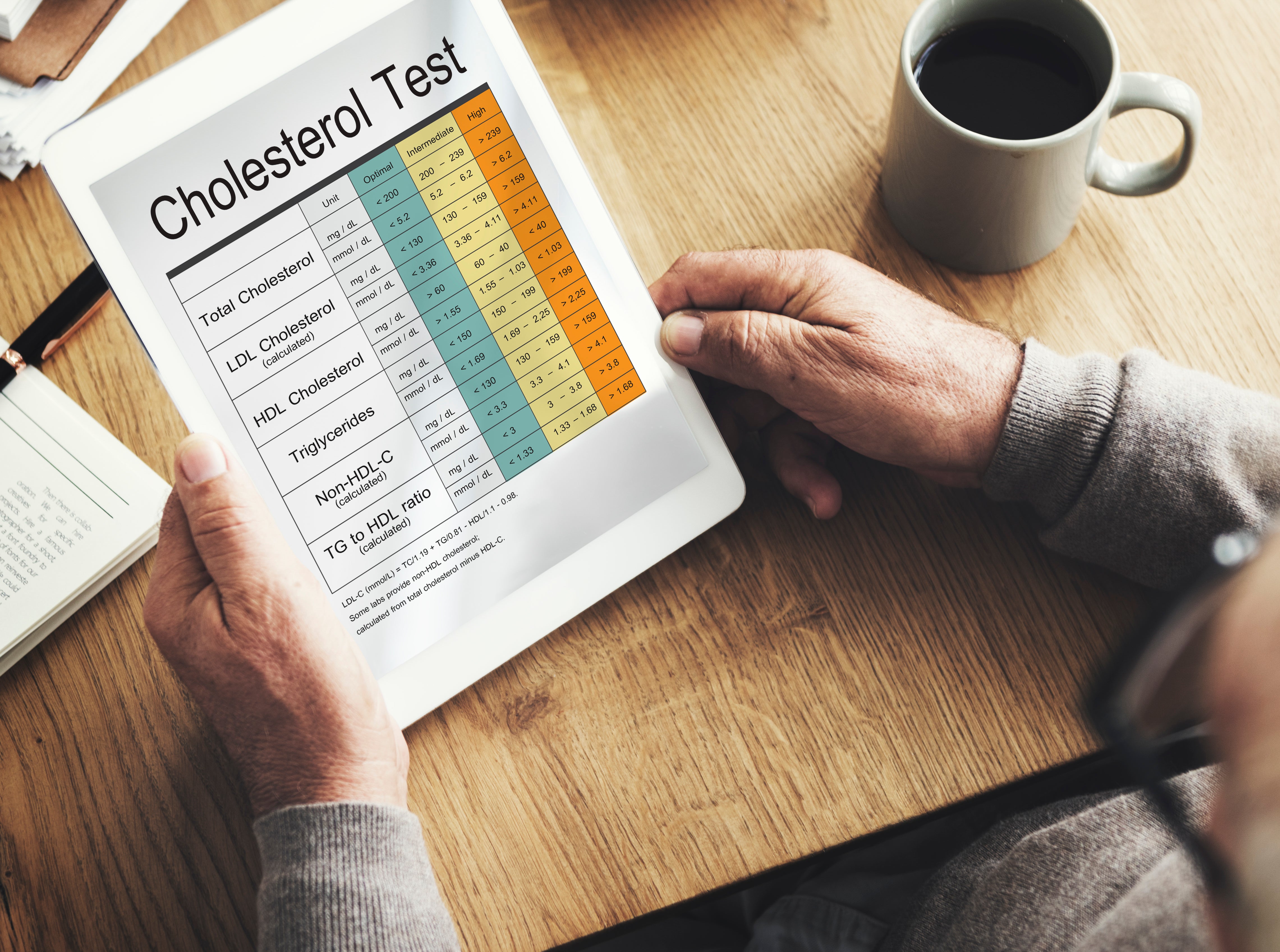
Leave a comment
This site is protected by hCaptcha and the hCaptcha Privacy Policy and Terms of Service apply.